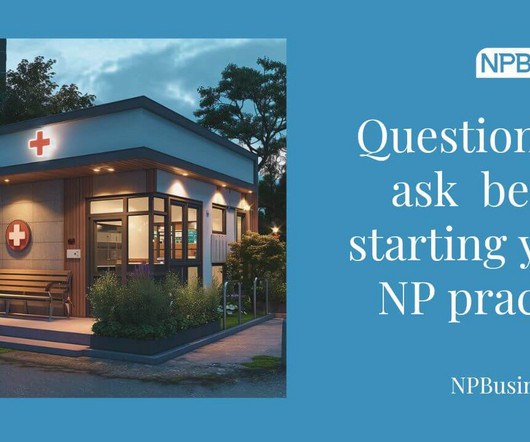5 Risk Control Considerations as Nurse Practitioners’ Scope of Practice Expands
Minority Nurse
NOVEMBER 12, 2024
According to the American Association of Nurse Practitioners (AANP) , laws and regulations granting NPs full practice authority enable NPs to practice to the full extent of their education, training, and certification without physician oversight. increase compared to the average total incurred in the 2017 dataset ($300,506). Informed Consent.











Let's personalize your content